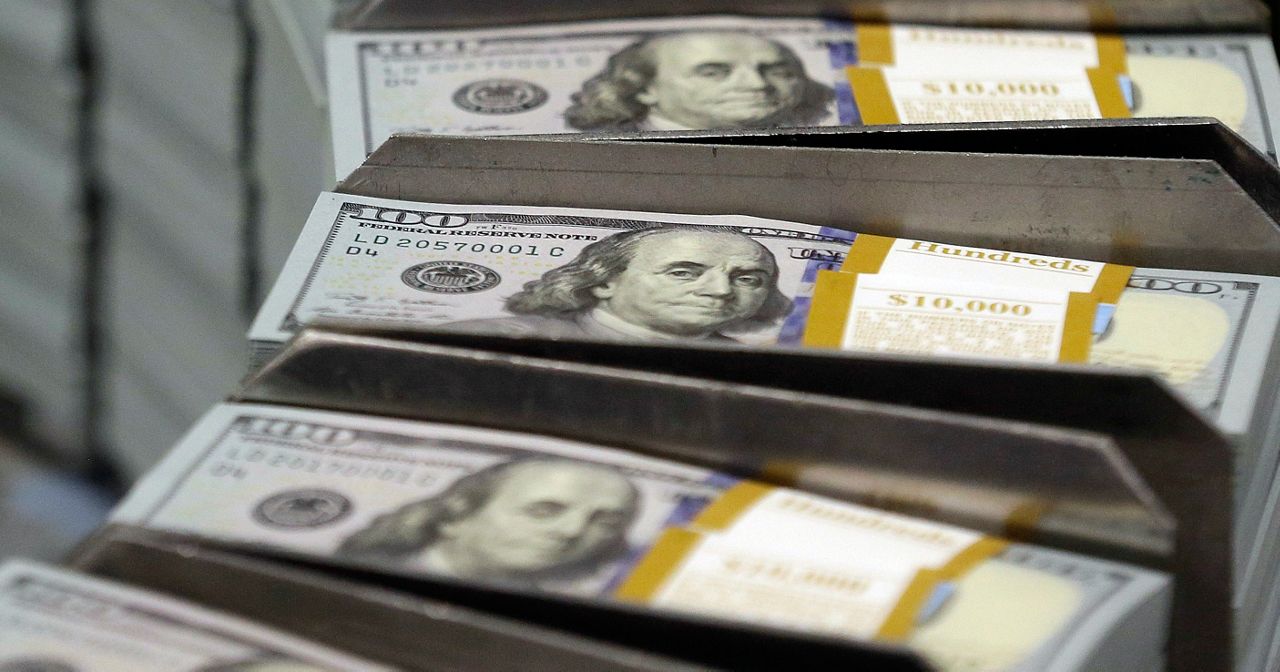New York has paid off the nearly $7 billion in unemployment insurance debt to the federal government that ballooned in the state during the COVID-19 pandemic after it was included in the state budget that was passed in May, Gov. Kathy Hochul announced Monday.
After initially declaring the state would only pay off the interest on the unemployment insurance debt earlier this year, Hochul said she met with business leaders during state budget negotiations this spring and reasoned this payout would help businesses should an economic downturn take place. The funding came from the state’s reserves, which Hochul at the beginning of her tenure as governor labeled the state’s rainy day fund.
The burden of the debt since the outbreak of the pandemic has been carried by businesses through increased taxes and has led to unemployment payments being cut until the debt is paid off. New York was one of two states that still had COVID-related federal unemployment insurance debt after the state failed to use $25 billion in federal stimulus aid for unemployment tax relief.
“By paying off this unprecedented Unemployment Insurance Trust Fund debt, we are delivering long-overdue relief to New York’s workers and businesses,” Hochul said in a statement Monday. “This is about doing what’s right — raising benefits for unemployed New Yorkers who need support, cutting costs for businesses that are driving our economy forward, and putting money back into New Yorkers’ pockets. I’m proud to stand with our labor partners in making this progress possible.”
Hochul said paying off the debt allows the state to increase the maximum unemployment insurance benefit rate. The maximum weekly benefit to unemployed workers, which has been frozen because of the debt, will increase from $504 to $869 in October.
Eliminating the unemployment insurance debt was a primary push this budget season from several state lawmakers, including state Assembly Speaker Carl Heastie.


